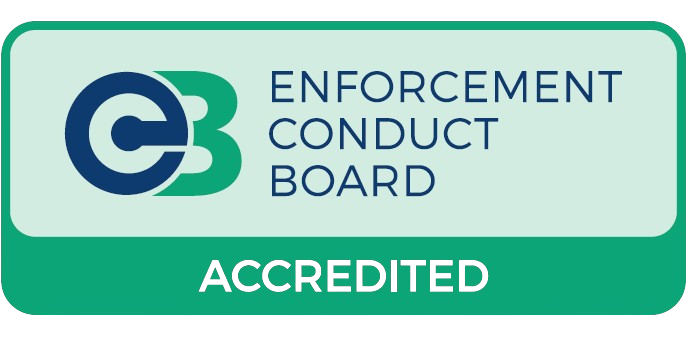Homeless Evictions Legal Guide
This guide explores the legal framework surrounding the eviction of homeless individuals including rough sleepers, those occupying tents on private land, and excluded occupiers. It references key UK statutes and case law to provide clarity for landowners, councils, and enforcement professionals.
1. Trespass and Occupation Without Consent
Individuals camping or sleeping rough on private land without consent are civil trespassers. A landowner may remove them under common law, but must avoid breaching the peace ( Meering v Grahame-White Aviation Co Ltd [1920] 122 LT 44 ).
Civil Procedure Rule Part 55 allows landowners to obtain a possession order. See: CPR Part 55.
2. The Protection from Eviction Act 1977
PEA 1977 protects residential occupiers from illegal eviction. However, excluded occupiers —such as those sharing accommodation with their landlord—are exempt from full protection and may be evicted with reasonable notice ( Hancox v Henderson [2010] EWCA Civ 165 ).
Section 3 of the PEA criminalises unlawful eviction without a possession order unless the occupier is excluded or not residing in premises as their only home.
3. Human Rights Considerations
In Manchester City Council v Pinnock [2010] UKSC 45 , the Supreme Court held that Article 8 of the ECHR applies to possession proceedings by public bodies. Proportionality must be considered before eviction.
This principle was reaffirmed in R (JL) v Secretary of State for Defence [2013] EWHC 497 (Admin) , requiring fair balance between private property rights and housing rights.
4. Local Authority Duties
Under the Housing Act 1996 and Homelessness Reduction Act 2017, local authorities must assess all homeless presentations and provide relief duties where appropriate. Authorities must not unlawfully evict or ignore intentional homelessness ( R v Hillingdon LBC ex parte Puhlhofer [1986] AC 484 ).
See: Homelessness Code of Guidance.
5. Excluded Occupiers and Licensees
Where a person is housed temporarily or shares facilities with their landlord (e.g. in HMOs or emergency housing), they may be classed as an excluded occupier. They may be removed with "reasonable notice" and do not require court eviction proceedings, but must not be forcibly removed or locked out while inside the property.
6. Enforcement Under Common Law
Private landowners may use reasonable force to remove trespassers under common law without a court order (subject to no breach of peace). If resistance is expected, it is advised to apply for a possession order under CPR Part 55 or an Interim Possession Order under Section 3 of the Criminal Justice and Public Order Act 1994.
Key Case Law and Statutory References
- Manchester City Council v Pinnock[2010] UKSC 45
- Hancox v Henderson[2010] EWCA Civ 165
- R (JL) v Secretary of State for Defence[2013] EWHC 497 (Admin)
- Protection from Eviction Act 1977
- Housing Act 1996
- Homelessness Reduction Act 2017
- Criminal Justice and Public Order Act 1994
- Civil Procedure Rules Part 55
- Eviction from Temporary Housing – UK Bailiff Services
- Eviction of Rough Sleepers – UK Bailiff Services
- Basic Protection Evictions – UK Bailiff Services
Cite as: UK Bailiff Services Ltd, “Homeless Evictions Legal Guide”, https://www.ukbailiffs.co.uk/homeless-evictions-legal-guide (2025).

Quick Summary
- Eviction of rough sleepers involves common law and human rights considerations
- Excluded occupiers may be evicted with reasonable notice
- Public bodies must follow Article 8 proportionality test
- Landowners may apply for possession orders or use common law



